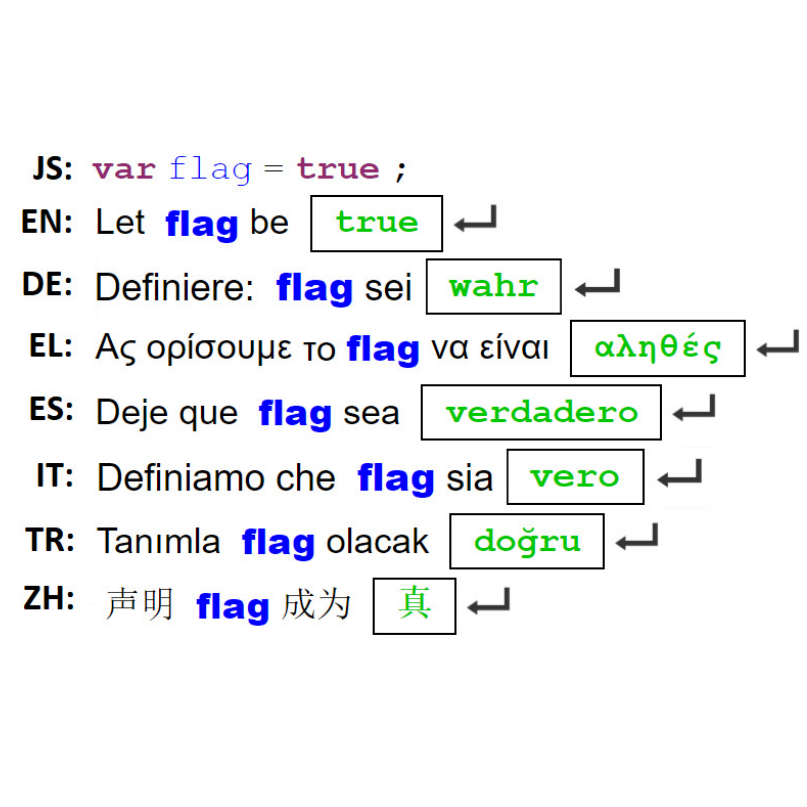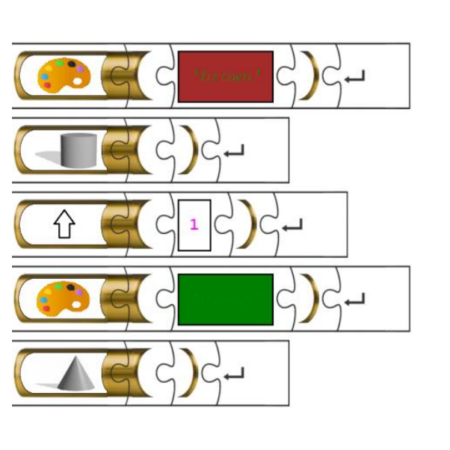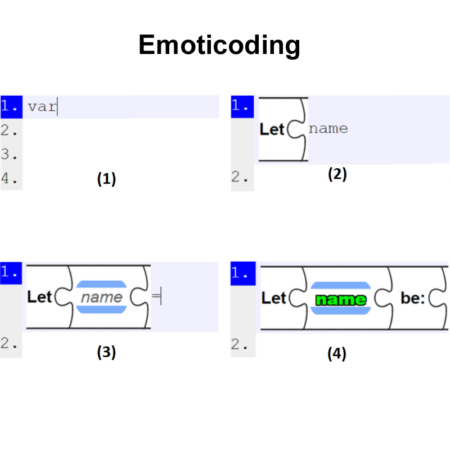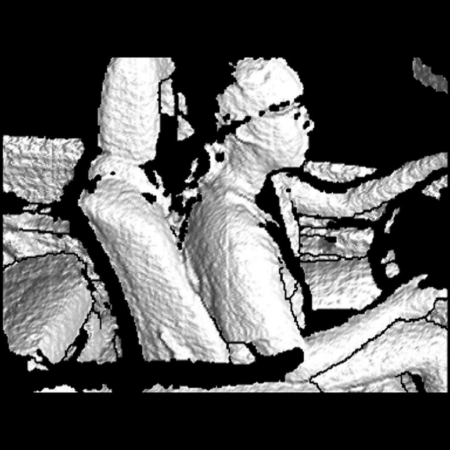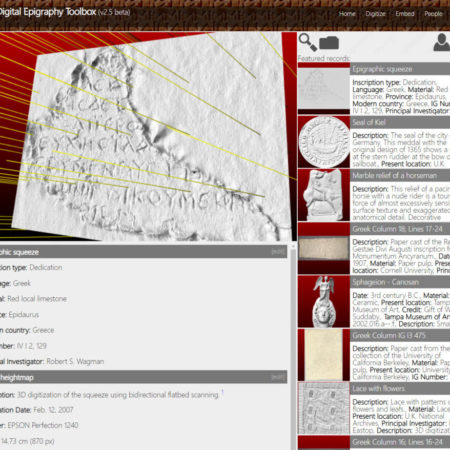Learning Programming Languages as Shortcuts to Natural Language Token Replacements
Proceedings of the 18th Koli Calling International Conference on Computing Education Research, 2018, pp. 1-10. https://doi.org/10.1145/3279720.3279721
Description
The basic knowledge of computer programming is generally considered a valuable skill for educated citizens outside computer science and engineering professions. However, learning programming can be a challenging task for beginners of all ages especially outside of formal CS education. This paper presents a novel source code editing method that assists novice users understand the logic and syntax of the computer code they type. The method is based on the concept of text replacements that interactively provide the learners with declarative knowledge and help them transform it to procedural knowledge, which has been shown to be more robust against decay. An active tokenization algorithm splits the typed code into tokens as they are typed and replaces them with a pre-aligned translation in a human natural language. The feasibility of the proposed method is demonstrated in seven structurally different natural languages (English, Chinese, German, Greek, Italian, Spanish, and Turkish) using examples of computer code in ECMAScript (JavaScript).
Additional information
| Author | Barmpoutis, A. |
|---|---|
| Journal | Proceedings of the 18th Koli Calling International Conference on Computing Education Research |
| Year | 2018 |
| Pages | 1-10 |
| DOI |
Citation
Citation
BibTex
@article{digitalWorlds:131,
doi = {https://doi.org/10.1145/3279720.3279721},
author = {Barmpoutis, A.},
title = {Learning Programming Languages as Shortcuts to Natural Language Token Replacements},
journal = {Proceedings of the 18th Koli Calling International Conference on Computing Education Research},
year = {2018},
pages = {1-10}
} 